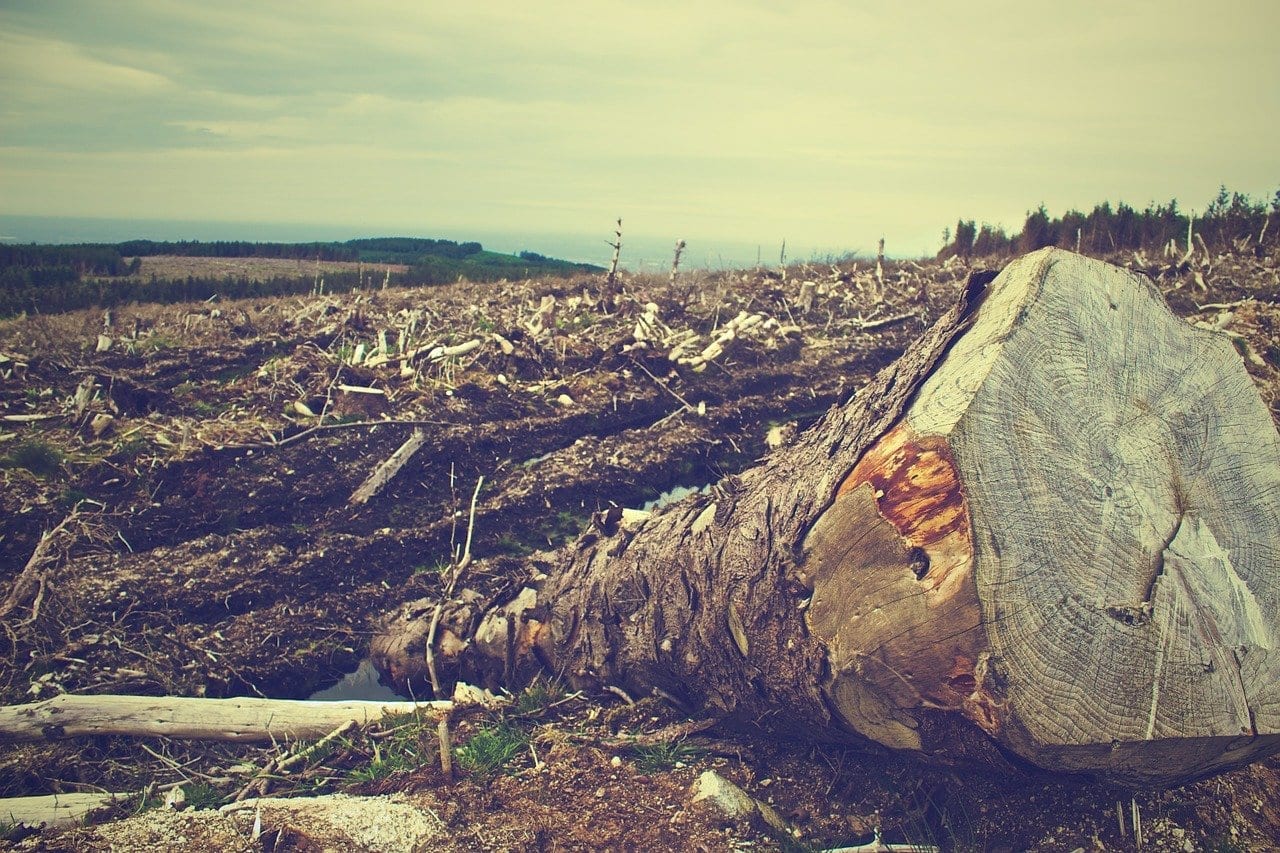
Ending slavery by decarbonisation? Exploring the nexus of modern slavery, deforestation, and climate change action via REDD+
Activities involving deforestation are high-risk for modern slavery, and this is an issue which has global consequences for forest environments and communities. Despite this, little work is being done to eradicate modern slavery from these sectors. Antislavery interventions have often been separate from the work of development providers despite sharing many congruent objectives. Here we outline one sector that could see the integration of antislavery and development interventions to support both at-risk environments and highly vulnerable communities. It is proposed that antislavery interventions are incorporated into the national strategies of the “Reducing Emissions from Deforestation and Forest Degradation” (REDD+) programme which targets vulnerable communities to prevent deforestation and forest degradation. It is within these communities that vulnerability factors to modern slavery persist and lead to the degradation of forests. It is posited that the incorporation of antislavery interventions with REDD+ would improve efficiencies, target more vulnerable populations, protect the environment and support the Sustainable Development Goals (SDGs). By combining these efforts we can combat the effects of the modern slavery-environmental degradation nexus within an ecosystem that has been shown to be vital in the fight against anthropogenic climate change. With the renewal of REDD+ due, now is the time to integrate these measures.
Read more here.
